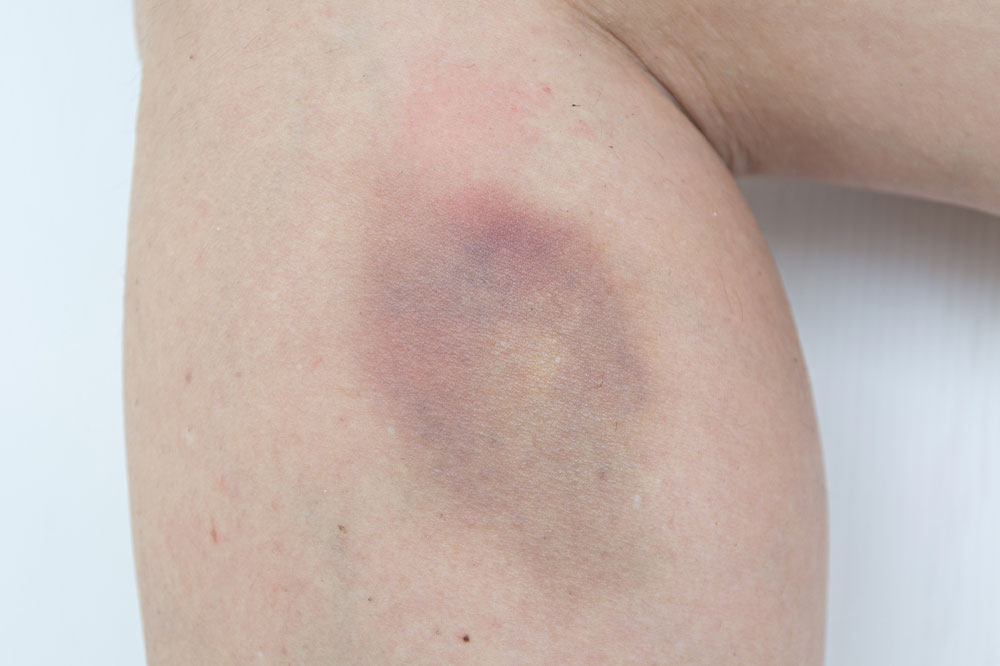
Treatment Methods for Hemophilia
What is hemophilia?
Hemophilia refers to a rare blood disorder where the blood cannot clot normally since it does not have enough blood-clotting proteins. So, when one suffers from hemophilia, they will probably bleed for much longer when they are injured as compared to a hemophilia-free person whose blood clots normally. When one experiences small cuts, hemophilia will not pose a big threat, but if the deficiency is severe, there may be a lot of bleeding within the body, particularly in the ankles, elbows, and knees. Such internal bleeding may damage tissues and organs, and could even turn out to be life-threatening. This explains why one should know about the treatments for hemophilia to protect themselves from such a situation.
What are the treatment methods for hemophilia?
Since hemophilia is an inherited condition or a genetic disorder, the treatment entails the replacement of the clotting factor which is not there. This will allow the blood to clot properly. Treatments for hemophilia will include injecting products as the clotting-factor concentrates inside the patient’s vein. Episodic care will be done to prevent the patient’s bleeding episode. Prophylactic care will be given to stop such episodes from happening over and over again. When one can administer factor treatment products, the bleeding can be handled faster, and this means less intensive bleeding as well as fewer side effects.
Treatments for hemophilia will also depend on the severity of the condition and the hemophilia type. When hemophilia is mild, one might need treatment only on injury or before surgery, but if hemophilia is acute, and there is frequent bleeding, one will need regular treatment to stop bleeding and protect the joints from becoming deformed. So there are two approaches for treatment, namely preventive and on-demand approach. In the first kind, medicines are used for preventing bleeding or joint and muscle damages. In the second type, medications are used for treating prolonged bleeding.
Other treatment methods are:
- Desmopressin is a hormone which can be given for stimulating the body to produce more clotting factor; this is a treatment for mild hemophilia. It may be injected or given like a nasal spray.
- Fibrin sealants are medicines to be applied to wound sites directly for promoting clotting and boosting healing; these are most useful for dental treatments.
- Clot-preserving medications will prevent clots from disintegrating.
- Physical therapy will help to alleviate the symptoms when internal bleeding damages the joints; sometimes, surgery may be needed to repair this damage. If there is a lot of damage to a joint, it may need replacement like knee and hip replacement.
- One may use first aid like bandages and pressure for addressing small cuts. For small regions under the skin, they may use ice packs. For mouth bleeding, ice pops can be an easy cure.
- When one suffers from hemophilia, they should ideally get vaccinations for hepatitis A and hepatitis B.
- Aminocaproic or tranexamic acid can prevent blood clots from disintegrating; these may be additional therapy for treating nose bleeds and tooth bleeds when a tooth is extracted.


